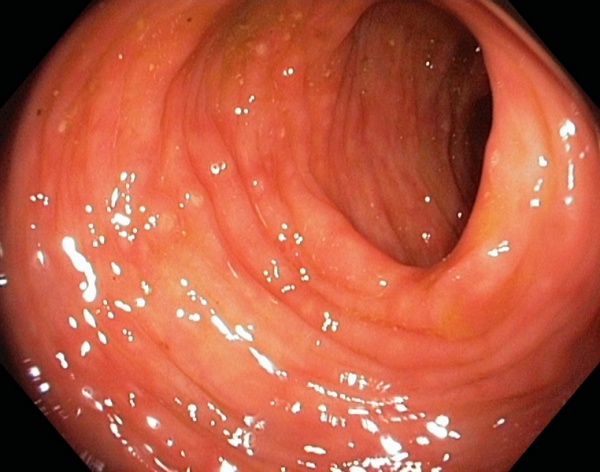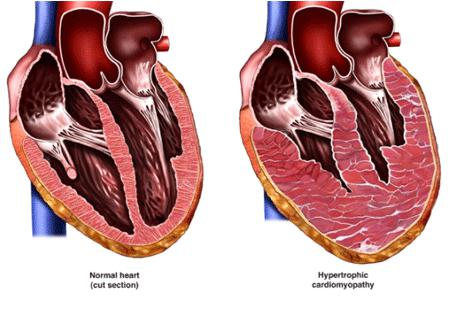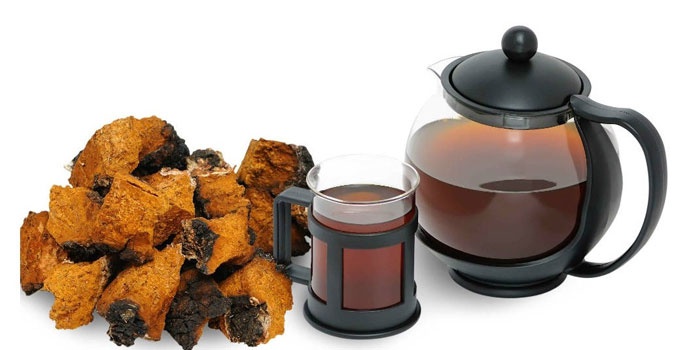An effective cure for rotavirus and proper nutrition for the disease
Rotavirus or intestinal flu is a common illness among children, but can also occur in adults. When ingested, the virus infects the small intestine and stomach. The disease begins with symptoms, and is further manifested by diarrhea and vomiting. How to treat rotavirus infection?
The causative agent of the disease is rotavirus, which is covered with a three-layer shell and has the shape of a wheel. Upon penetration, the virus is located in the small intestine and begins to multiply actively. Having a pathogenic effect, microbes destroy mature cells. As a result, the process of splitting, absorption of enzymes is disrupted.
Rotavirus is transmitted from person to person. The most common route of infection transmission is contact. The infection can be transmitted through dirty hands, toys, household items, etc.
If hygiene standards are not observed, infection with the virus can occur when consuming dairy products. Contaminated foods can also cause rotavirus infection.
In rare cases, infection occurs by airborne droplets.
Most often, the incidence occurs in the autumn-winter period.The intestinal flu virus can be kept in the refrigerator, as low temperatures do not kill it. In addition, microbes are resistant to chlorine, ultrasound, formaldehyde, ether.They die only with prolonged boiling or the use of alkali and acids.
Immunity does not protect against re-infection, as immunity to a particular type of virus is developed. With a possible infection with the same pathogen, the disease proceeds more easily.
Symptoms of the disease

Abdominal pain, vomiting, high fever and general weakness are signs of rotavirus infection
From the moment the infection gets inside and until the first signs appear, 1-2 days pass. The acute period lasts about 4 days, and in general the disease lasts about 2 weeks.
With rotavirus infection, the following symptoms are observed:
- Increase in body temperature.
- Constant vomiting
- Watery, sour-smelling stools.
- Abdominal pain.
- White coating on the tongue.
- Redness of the pharynx.
- Dry weak cough.
- Malaise and weakness.
- Decreased appetite.
More information about rotavirus infection can be found in the video:
Vomiting appears a couple of hours after the temperature rises and it is associated not only with eating, but also with drinking fluids.Vomiting must be accompanied by diarrhea. The number of acts of defecation from 3 times a day. In severe cases, their number can increase to 20.
Usually these signs are observed in children. In adults, an erased course may be absent vomiting and diarrhea. Catarrhal symptoms are usually mild. Most often, rotavirus occurs in adults without fever. On palpation, there is pain around the navel and in the epigastric region.
With a severe course of the infectious process, symptoms of dehydration appear, which is very life-threatening.
The patient has low blood pressure, dry mucous membranes, prolonged absence of urination, tachycardia, sunken eyes, etc.
For the diagnosis of rotavirus infection, tests are taken: fecal vomit. After confirming the diagnosis, treatment is carried out.
Medical treatment: drugs
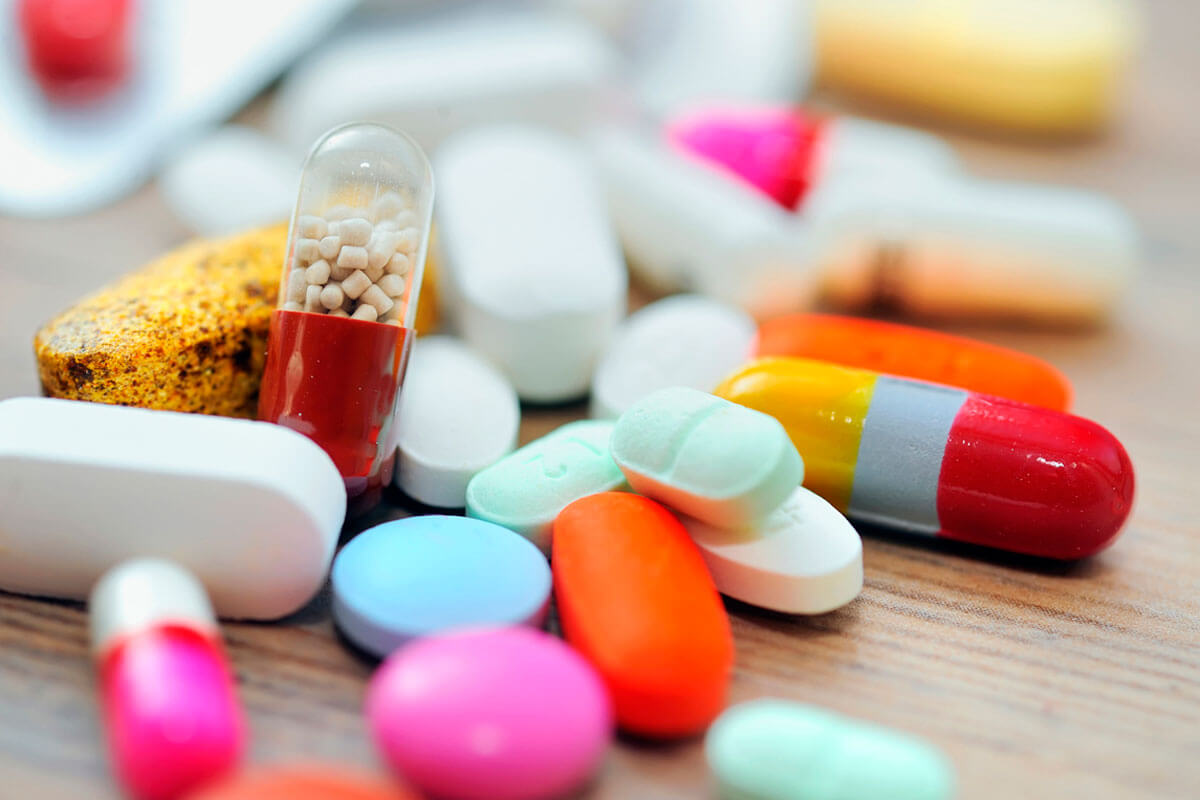
Treatment of rotavirus infection is symptomatic and pathogenetic:
- To eliminate the symptoms of intoxication, the patient is prescribed sorbents: Smecta, Enterosgel, Polysorb, etc. Sorbents are designed to remove toxins from the body. The advanced form shows the introduction of glucose intravenously with a colloidal solution.
- If the disease is caused by a virus, then it is not advisable to use antibacterial drugs. Antibiotics are prescribed only if a bacterial infection joins the rotavirus.
- Of the antiviral drugs, Cycloferon, Arbidol, Ingavirin, etc. are prescribed.
- In addition, rehydrators and probiotics are used in the treatment. To avoid the development of dehydration, rehydrators are used: Gastrolit, Citroglucosalan, Regidron, etc. It is important to prevent a violation of the water and electrolyte balance.
- You can prepare a hydration solution yourself or purchase special powders at a pharmacy. At home, salted water is used: a teaspoon of salt is diluted in a liter of boiled water. Preparations for replenishing fluid in the body are diluted according to the instructions and taken every 30 minutes. To prevent vomiting, take the rehydration solution in small sips. If young children refuse to drink water, fluid is given intravenously in the hospital.
- Elevated body temperature in adults is usually not reduced, since at a rate above 38 degrees the virus dies. If you take antipyretic drugs, then the body cannot normally resist the virus. Reduce body temperature only in case of severe intolerance. In this case, rectal suppositories are used or with insufficient effect of Paracetamol and Analgin.
- To restore the intestinal microflora, Bifiform, Baktisubtil, Acipol, Lineks, etc. are prescribed. With proper and timely treatment, the disease passes without complications.
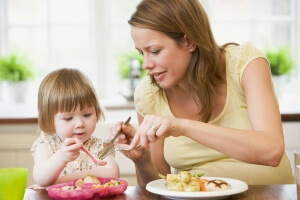 At the time of treatment and removal of the virus from the body, it is necessary to adhere to a diet:
At the time of treatment and removal of the virus from the body, it is necessary to adhere to a diet:
- With the appearance of the first signs of intestinal disease, dairy and sour-milk products should be excluded from the diet.
- The patient usually does not have an appetite, so you do not need to force him to eat. You can drink jelly, unsweetened black tea.
- Rice porridge must be present in the diet. There is no need to add oil during cooking.
- Black bread, raw vegetables and fruits, cakes, sweet and flour products, pasta, fatty fish, meat, smoked foods, canned food, etc. should not be eaten. These products stimulate peristalsis, the process of putrefaction and fermentation takes place in the intestine.
- Fatty and dairy products are not digested due to enzyme deficiency, so they cannot be eaten. If you neglect this rule, diarrhea may return.
- An adult must adhere to dietary table number 4. From drinks, you can use strong tea, decoctions of raspberries, black currants, blueberries, as well as cocoa on the water.
- You can eat crackers, mashed cottage cheese, low-fat fish and meat, semolina or rice porridge on the water, boiled egg once a day.
- With a decrease in diarrhea, they switch to table number 13. It is allowed to use broth, wheat bread, mashed potatoes, beets, carrots, cauliflower, poultry, lean meat, fish.
- In a small amount, you can add berries, fruits, jam and honey to the diet.
The main requirement is to eat in small portions, but often. Thus, the development of vomiting can be prevented.
Therapeutic nutrition is the basis for the treatment of rotavirus infection in children.
Artificial milk or formula is not recommended for infants. Children are switched to dairy-free cereals and lactose-free formulas. Breastfeeding should not be cancelled. Mother's milk contains a large amount of nutrients that help speedy recovery.
Possible Complications
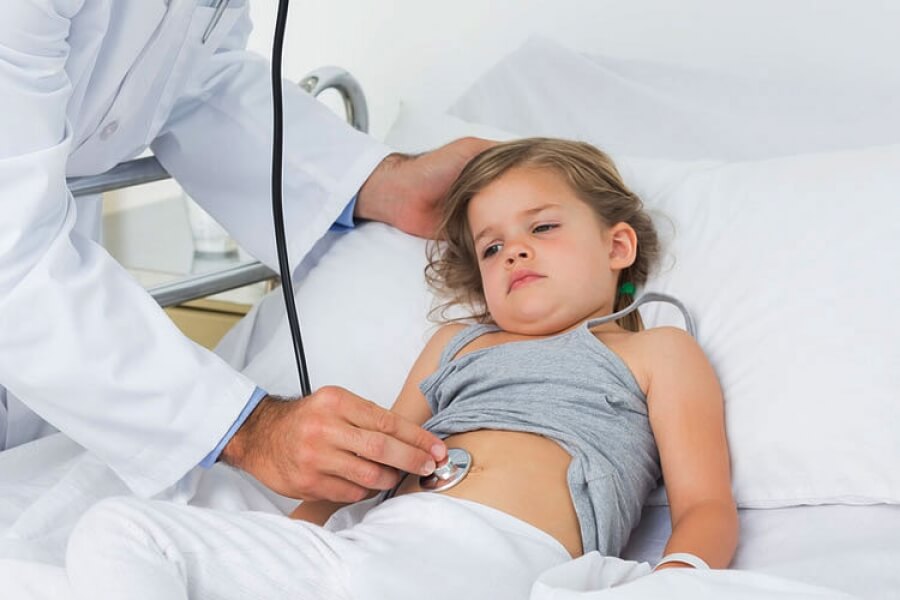
Rotavirus infection in severe form can lead to the development of complications. The risk group includes young children, the elderly, patients with diseases of the kidneys, intestines and heart.
Dehydration due to vomiting, diarrhea can be fatal. Therefore, it is important to try to drink enough fluids.
Another no less dangerous is the acetonemic state. It is characterized by the presence in the body of ketone bodies, which have a toxic effect on the brain.Complications are also observed from the side of the cardiovascular system.
Dehydration reduces the volume of circulating blood, which can cause fainting and collapse.
In patients with diseases of the gastrointestinal tract, rotavirus can exacerbate the pathologies of the stomach and intestines.
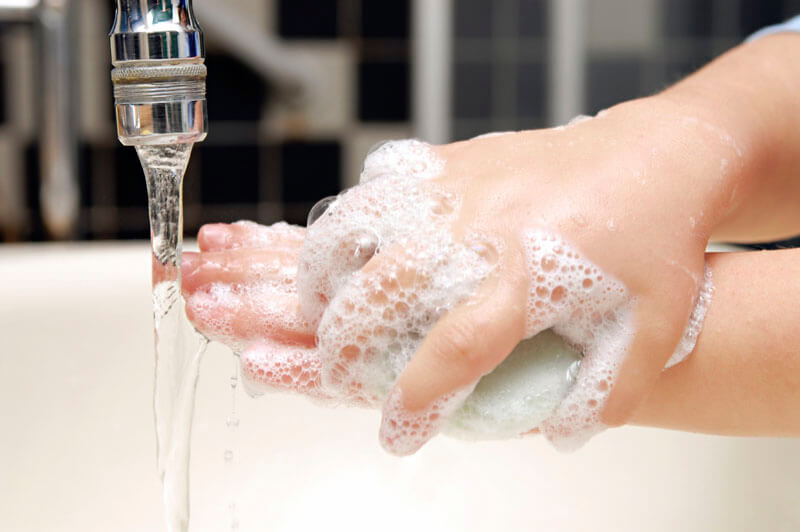 Preventive measures are to observe the rules of personal hygiene:
Preventive measures are to observe the rules of personal hygiene:
- The room should be cleaned regularly.
- Always wash your hands after walking or going to the toilet.
- It is advisable to boil milk before drinking, and use bottled water.
- Wash vegetables and fruits thoroughly and be sure to pour boiling water over before use.
- Newborns should only be bathed in boiled water.
- Dishes and items of a child (bottles, pacifiers, etc.) up to 1.5 years must always be sterilized.
- After each visit to the sick toilet, sanitary cleaning should be carried out using a 0.5% solution of chloramine.
- Visits of young children to public places should be limited, especially during the epidemic.
- From hands and various objects, viruses are well washed off with detergents. Rotaviruses are adversely affected by 95% ethyl alcohol and boiling.
- In order not to infect others, the patient must be isolated in a separate room until complete recovery.
- For preventive purposes, it is recommended to vaccinate. However, it should be remembered that it is effective only when carried out up to 7 months.
If you follow the rules of personal and sanitary hygiene, you can prevent the development of rotavirus infection.
- Intercostal neuralgia - what is it and how to treat
- How to quickly get rid of dry corns on the legs
- How to treat left ventricular hypertrophy
- Rating of the best drugs for rotavirus for children
- Making tea from currant leaves, the benefits and harms of the drink
- How to drink hydrogen peroxide according to Neumyvakin - an oral regimen
- Features of the treatment of plantar fasciitis with folk remedies
- The composition and beneficial properties of parsley root
- How to get pregnant quickly? Folk remedies
- Herbs-ants in the "pot-bellied" period or the use of herbal medicine during pregnancy
- Why does a sore throat and dry cough occur, and what treatment is required?
- Guy's Room Design: Ideas and Examples
- General rules for drawing up a foundation plan House foundation drawings
- modern art deco bedroom small art deco bedroom
- Pansies: characteristics and photos of flowers
- Making an art deco bedroom: the choice of materials Beige art deco bedroom
- Bedroom interiors in art deco style Bedroom art deco style beige
- Young: planting and care in the open field Young planting and care in the open
- Varieties for open ground
- Pansies: cultivation and care in the open field







